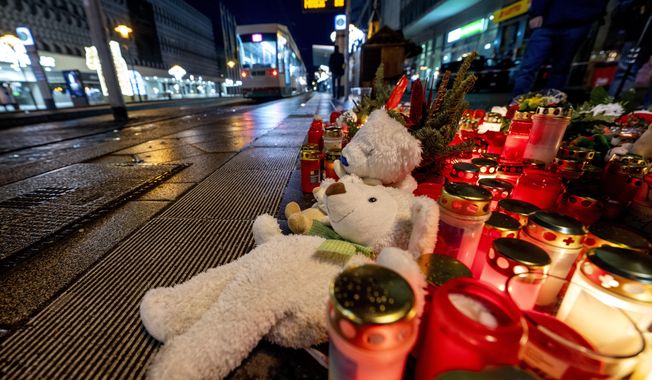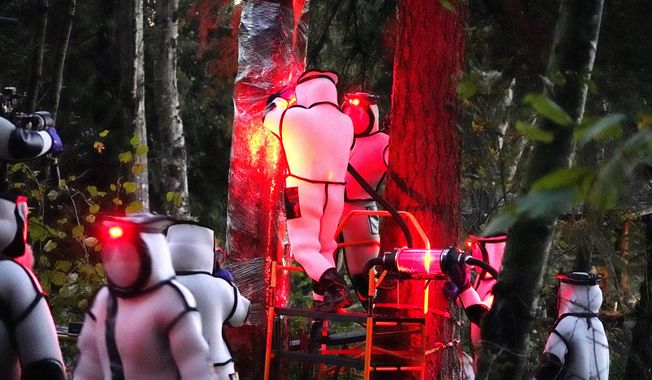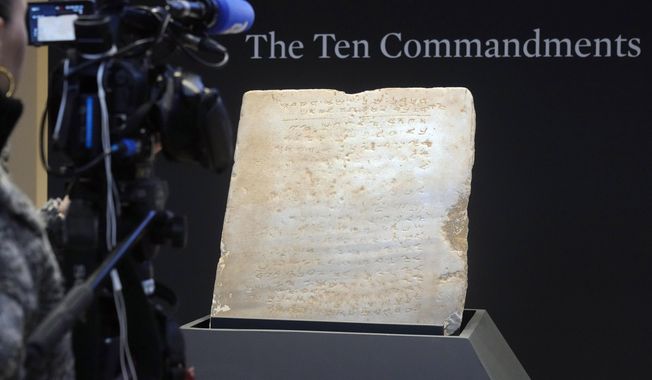
FILE - In this July 11, 2019, file photo, a protester with a banner walks to attend a rally denouncing the Japanese government's decision on their exports to South Korea in front of the Japanese Embassy in Seoul, South Korea. The modern legacy of a dark chapter in Japan’s history, when hundreds of thousands of people were brought from the Korean Peninsula and other Asian nations to work in logging, in mines, on farms and in factories as forced labor, lives on in the companies that came to dominate the Japanese economy after World War II. Many of those companies are still facing demands for compensation that they say were settled by treaty decades ago. The sign reads "The shameless Japanese company should immediately compensate for its war crimes in accordance with the Supreme Court ruling." (AP Photo/Ahn Young-joon, File)
Featured Photo Galleries









Trump Transition: Here are the people Trump has picked for key positions so far
President-elect Donald Trump has announced a flurry of picks for his incoming administration. Get full coverage of the Trump transition from The Washingon Times.





